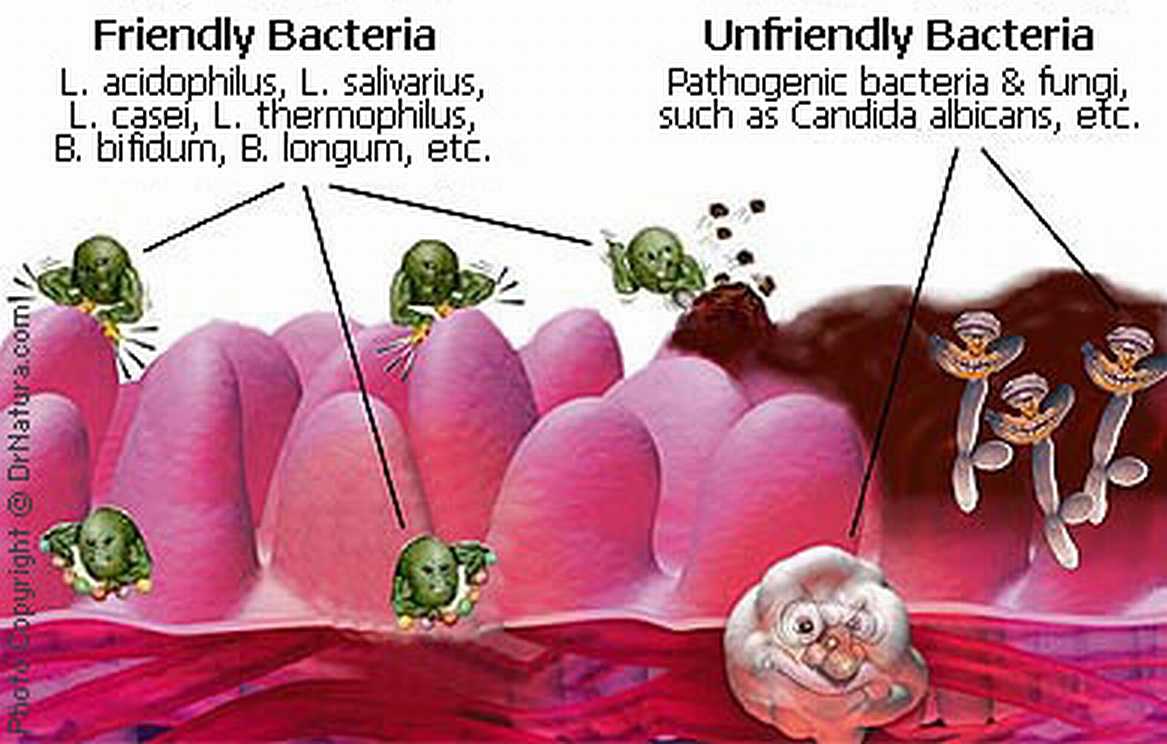
A US study confirmed that eating two eggs and a slice of toast with jam for breakfast will make you feel fuller for longer than the average “healthy option”, yogurt and a cream cheese bagel for example. They also ate 29% fewer kilojoules for lunch and an amazing 1680 fewer kilojoules for the whole day. Even more amazingly, the egg eaters ate even less the following day.
Researchers for Obesity Research in Michigan concluded that eggs have a 50% greater satiety index than breakfast cereals and bread. Could it be the balance of protein and fat or something else, maybe the combination of nutrients in eggs? Who knows! Eggs are ranked in the same category as cheese, meat and fish for the “fullness factor”.
Eggs are a good source of protein, vitamins and minerals. They have come under scrutiny because of fears about their high cholesterol level. In truth, it is far more important to keep your blood cholesterol low and avoid saturated fats in your diet. Eggs contain approximately 10% fat of which, under half is saturated. The best and healthiest way to cook an egg is by boiling or poaching. Eggs can be a large part in your nutritious plans of everyday eating.
Egg whites contain no fat, so where possible, just use the egg white instead of the whole egg. Egg yolks are high in lutein which is an anti-oxidant the helps protect the eyes against deterioration from age related macular degeneration, that can lead to blindness.
Keep some hard boiled eggs in the fridge and add to your salads. Add a sprinkle of curry powder to make them more interesting! Hard boiled eggs will keep for up to three days. Rustle up an omelet in two minutes. You could use 1 whole egg and two egg whites for your omelet to make a more low fat version. Add some fresh herbs and cook fat free in a non-stick pan. Eggs are so versatile. Unless you are at risk from heart disease, it is perfectly OK to eat a few eggs a week.
1 small egg 45g = 4.5g fat 270kj energy
1 medium egg 55g = 5.5g fat 325kj energy
1 large egg 60g = 6g fat 355kj energy
1 large poached egg 60g = 6g fat 320kj energy
1 large fried egg 60g = 8g fat 410kj energy
2 large 60g egg in omelette = 17g fat 900kj energy
1 egg white 31g = 0gfat 60kj energy
1 egg yolk 17g = 5g fat 225kj energy

Source by Justin Willis
All steps to avoid buying fraudulent medicaments and generics online
 Vitamin Agent The Health & Naturalistic Source
Vitamin Agent The Health & Naturalistic Source





